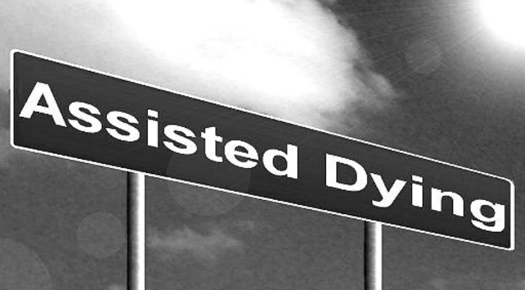
Canada, Belgium, the Netherlands, Luxembourg, and Switzerland allow physicians to physically assist in the death of patients. In the United States, six states allow medical aid in dying; a legal practice in which a person who has been diagnosed as terminally ill with 6 months or less to live can request a lethal dose of a medication to self-administer in order to end their life.
In Canada, medical assisted dying became legal in 2016 for terminally ill adults. As of Dec. 31, 1,030 patients had received an assisted death in the 18 months since the new law took effect. To prevent suicide tourism, it is available only to residents eligible for Canadian healthcare coverage. Ontario’s Divisional Court found a solution for those patients whose doctors oppose assisted suicide and refuse to help them. The court ruled on Wednesday that religious doctors who won’t abide by the law must refer terminally ill patients to a doctor who will help end their lives.
Groups representing 4,700 Christian doctors challenged Ontario’s regulations requiring the referrals, saying that making such a referral was morally equivalent to participating in an assisted death. Fortunately, Ontario’s Divisional Court said the referral rule was a reasonable limit on doctors’ freedom of religion because it protects vulnerable patients from harm. The court said that patients have a constitutional right to equitable access to publicly funded health care.
Shanaaz Gokool, chief executive of Dying With Dignity, applauded the ruling. “It’s a stunning decision that really puts the rights of the most vulnerable residents of this province ahead of the rights of clinicians” who object on religious grounds. “It’s a fair balance of rights,” The Globe and Mail reports.
Ontario has set up a co-ordination centre to help patients seek physicians to assist in death. But some patients, Ms. Gokool said, are not healthy enough to speak and don’t have family or a support team that can contact the centre; they may therefore need their doctor to make the referral.
The physicians who challenged the rule told the court that other provinces and other countries have policies that do not require direct or indirect referrals, but Justice Wilton-Siegel disagreed, saying other jurisdictions use different wording to largely the same effect.
Despite the fact that doctors have a right to freedom of conscience and are not required to perform or assist in the provision of an assisted death, Ontario’s regulations say doctors must provide an “effective referral.” This decision strikes a balance between different sets of beliefs, in order to protect the rights of vulnerable patients.
Photo Credits: PicServer
